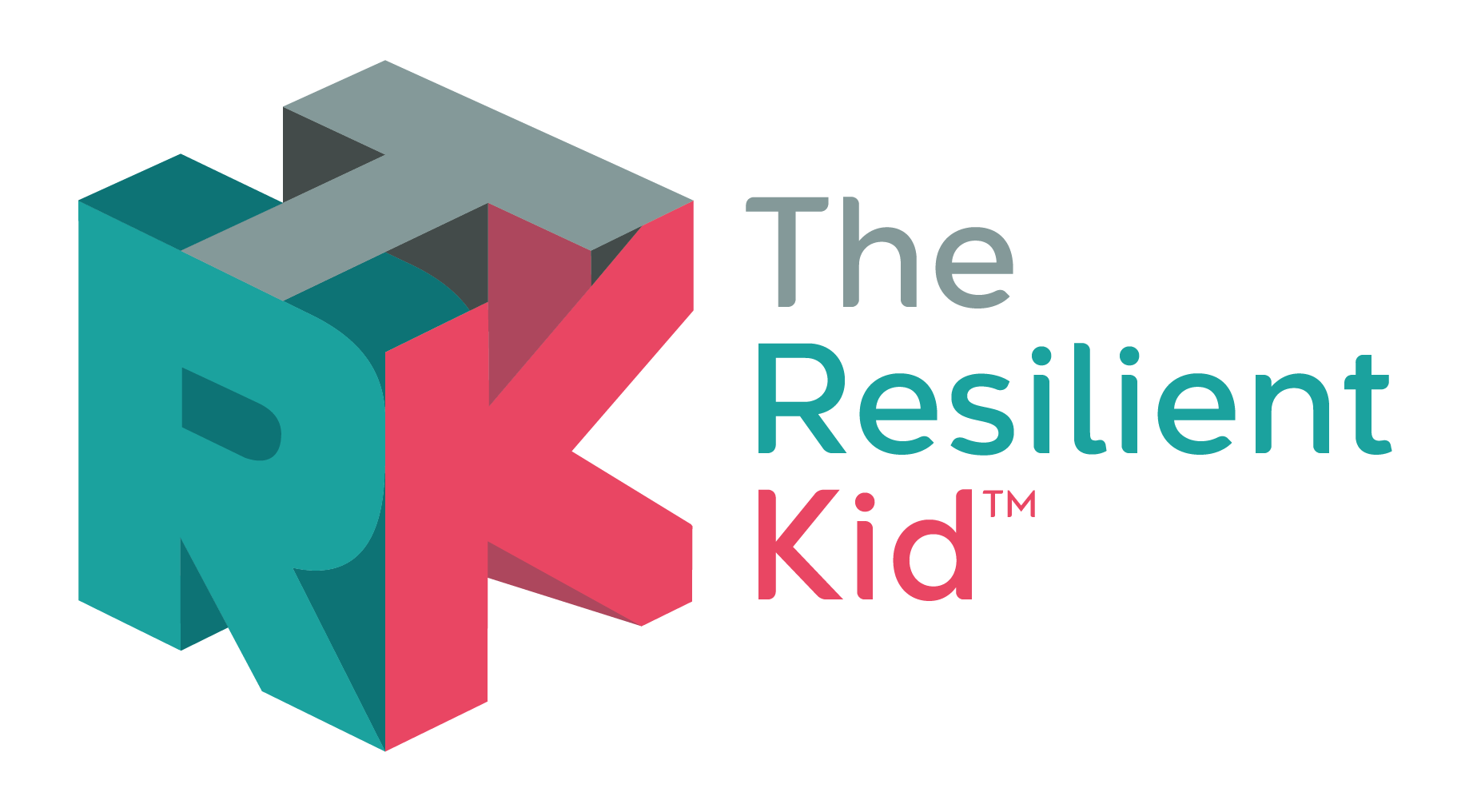Get your copy of A PARENTS GUIDE TO RAISING A RESILIENT KID --> BUY NOW

A Call to Action: Reversing Youth Unhappiness in the UK
01/09/2024
As a psychotherapist dedicated to the mental well-being of young people, parents, and teachers alike, I can't ignore the alarming decline in youth happiness. The recent World Happiness Report serves as a wake-up call, revealing that the UK's youth are facing a crisis of contentment. And it's not just concerning—it's our collective responsibility to address it.
According to the latest data, the UK has seen a significant drop in youth happiness, with those under 30 ranking 62nd out of 143 countries. This downward trend has been ongoing for a decade, reaching a level of discontent typically associated with midlife crises. As someone deeply invested in the mental health of our youth, this is deeply troubling.
Various factors contribute to this decline, with social media often taking the blame. While it undoubtedly plays a role, it's not the sole culprit. The pandemic has exacerbated existing challenges, highlighting the importance of meaningful connections, something today's teens are struggling to foster.
I have lost count of how many university students and younger I have had where they have lost confidence in making or maintaining friendships. As humans we are built for connection, in fact, loneliness increases our risk of dying early.
Before COVID-19, adolescents thrived on in-person interactions, school groups, and face-to-face communication. However, the shift to virtual spaces disrupted these dynamics, leaving many feeling isolated and disconnected. Despite efforts to adapt, the longing for genuine human connection persists among young people.
Loneliness has become a prevalent issue, with teens expressing a desperate desire for close friendships. Yet, they face obstacles in building these relationships, encountering rejection or superficial interactions. It's evident that youth culture has undergone a significant transformation, emphasising the need for intervention and support.
It's our responsibility to lead by example and create a culture that prioritises genuine connections and meaningful experiences across the generations. (I would love nothing more than to see the older generation come into schools to teach and in turn learn from the younger ones.) We cannot expect young people to navigate this alone—it's up to us to guide them towards a happier, more fulfilling future.
So, what can we do?
Firstly, we must realign our lives with our values, prioritising real-life experiences over the superficiality of social media. We need to break free from the cycle of comparison and consumerism, focusing on what truly brings us joy, as individuals and as families. What are your family values?
Additionally, we must actively seek out meaningful connections, nurturing relationships that enrich our lives. Whether it's spending quality time with loved ones or engaging in shared activities, human connection should be at the heart of our interactions. When was the last time you did something with your family, work colleagues without technology involved?
Moreover, we must reduce our reliance on technology and embrace real-world experiences. From exploring nature to pursuing hobbies, we need to rediscover the joys of offline living (can you believe that is even a thing?) Encourage everyone to get outside whether its a walk after dinner or maybe with a work friend at lunch time.
By living within our means and pursuing activities that bring us genuine happiness, we can set a positive example for future generations. It's time to take responsibility for the society we've created and start rebuilding those connections, and communities again.
Are you with me?
Whether you're a parent, a teacher, or simply someone who cares about the well-being of our youth, now is the time to act. Together, we can make a difference. Be that role model, make those connections, start that conversation, smile at that stranger …
Comments
Must be Logged In to leave comments.

